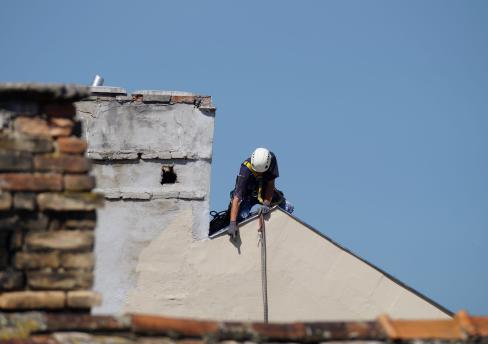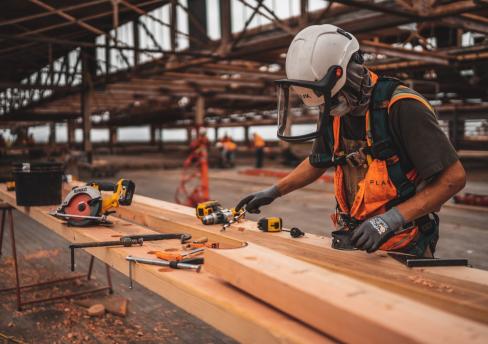"I can't wait to get back in the office" is not a phrase I thought I'd ever be saying with such vigour. However, after going through the first Lockdown and now being smack in the centre of Lockdown Two: The Lockdownening, it's safe to say that staying home is not the "new going out" that I used to profess it was.
Complying with Covid-19 restrictions is essential, but staying at home, working from home and home schooling all have a direct impact on energy costs. This is an issue, not least because winter in Scotland is cold at the best of times, but also because January is one of the most challenging months for households who are already experiencing financial difficulties.
Figures released by the Scottish Government last year revealed one in four households in Scotland (more than 600,000 households across the country) are in fuel poverty. There are also increasing numbers of homes in "extreme fuel poverty". This is where a household spends more than a fifth of its income on energy costs and it still cannot afford sufficient heating and an acceptable standard of living. The Scottish Government estimates that these fuel poverty figures could rise by a further 100,000 households as a result of the pandemic.
New research carried out by YouGov on behalf of Citizens Advice Scotland reveals that 14 per cent of people who have run out of money before payday have missed an energy payment.
Thankfully, there is help at hand.
Monday 11 January 2021 saw the launch of Big Energy Saving Month campaign, which runs until 31 January.
Launched by Citizens Advice Scotland, in partnership with Home Energy Scotland, Big Energy Saving Month aims to help people cut their energy bills and ensure that consumers get the financial support they are entitled to.
The campaign is designed with five key issues in mind, which people may be experiencing:
• Struggling to pay bills
• Switching off the heating to save money
• Electric only heating
• Pre-payment meters; and
• Lack of confidence/lack of access in managing energy costs online.
The campaign is seeking to raise public awareness of how simple changes such as switching energy supplier or tariff, accessing discounts or grants and making homes more energy efficient can make a big difference to energy bills. The ultimate goal being to empower people to save time, money and energy through everyday actions and with local support at hand.
More information can be found here on the Citizens Advice Scotland website.
The content of this webpage is for information only and is not intended to be construed as legal advice and should not be treated as a substitute for specific advice. Morton Fraser LLP accepts no responsibility for the content of any third party website to which this webpage refers. Morton Fraser LLP is authorised and regulated by the Financial Conduct Authority.










